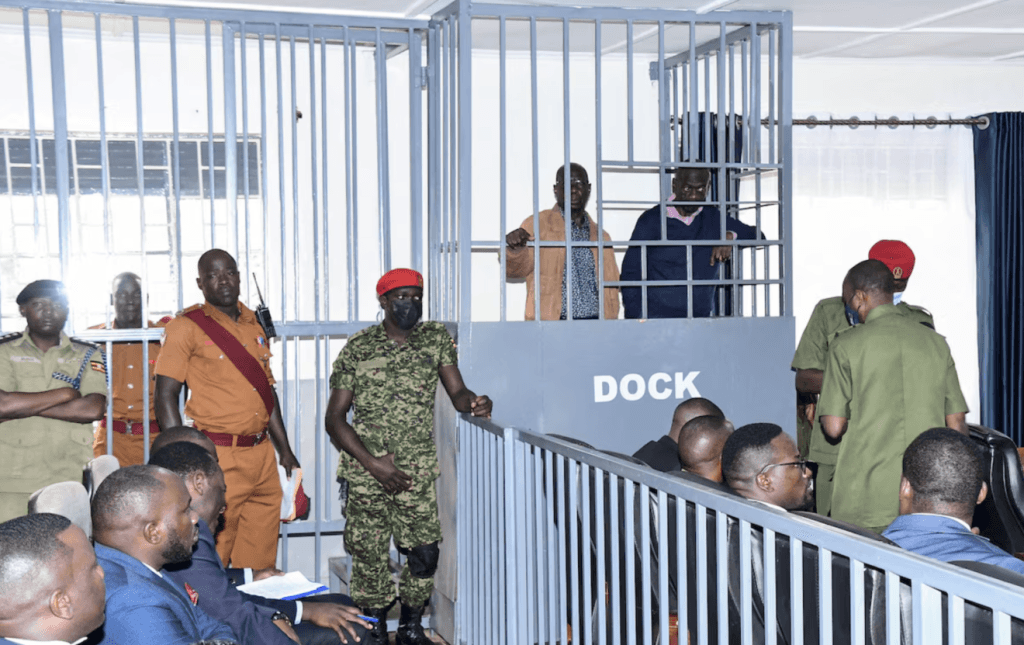The Ugandan government has introduced a bill in Parliament that would permit military courts to prosecute civilians under specific circumstances, despite a recent Supreme Court ruling declaring such practices unconstitutional. The move has raised concerns among critics, who accuse the government of seeking to undermine judicial independence and further clamp down on political opposition.
Presented by Minister of Defence Jacob Marksons Oboth, the “Uganda People’s Defence Forces Bill, 2025” was referred to a parliamentary committee for review on Tuesday. Under the proposed law, civilians could face trial in military courts if found in unlawful possession of weapons or equipment typically reserved for the military. This provision would potentially extend military jurisdiction to civilians involved in offenses such as treason and the illegal possession of firearms.
This bill follows a significant ruling by Uganda’s Supreme Court in January 2025, which forced the government to transfer the trial of opposition leader Kizza Besigye from a military tribunal to a civilian court. Besigye, a former presidential candidate and longstanding critic of President Yoweri Museveni, has been charged with a variety of crimes, including treason. His supporters argue that the charges are politically motivated, part of a broader effort to silence opposition figures.
Besigye’s legal battles gained international attention after he was forcibly removed from Nairobi, Kenya, in November 2024 and presented in a military court in Uganda, where he faced charges related to illegal possession of firearms. The Kenyan government has denied involvement in his removal, labeling it an abduction.
The newly proposed bill also includes provisions targeting civilians accused of aiding soldiers in committing serious crimes, such as treason, murder, and aggravated robbery. While the government maintains that the bill is essential for addressing national security concerns, opponents argue that it will be used as a tool to suppress dissent and curtail political freedoms.
David Lewis Rubongoya, Secretary-General of the National Unity Platform (NUP), Uganda’s largest opposition party, condemned the bill, claiming it would enable the government to “persecute regime opponents” and target those opposing Museveni’s prolonged rule. Human rights organizations have long accused Museveni’s administration of using military tribunals to intimidate and prosecute political adversaries.
The government, however, insists that the legislation is necessary to combat threats to national security, including armed groups operating within Uganda’s borders and in neighboring countries.
As political tensions escalate, Bobi Wine, the leader of the NUP and a prominent opposition figure, has confirmed plans to run for president in the January 2025 elections. President Museveni, in power since 1986, is expected to seek re-election, raising concerns over the fairness of the electoral process.
The introduction of the bill marks the latest chapter in Uganda’s ongoing political struggle, with the balance between national security and democratic freedoms taking center stage ahead of the country’s upcoming elections.



